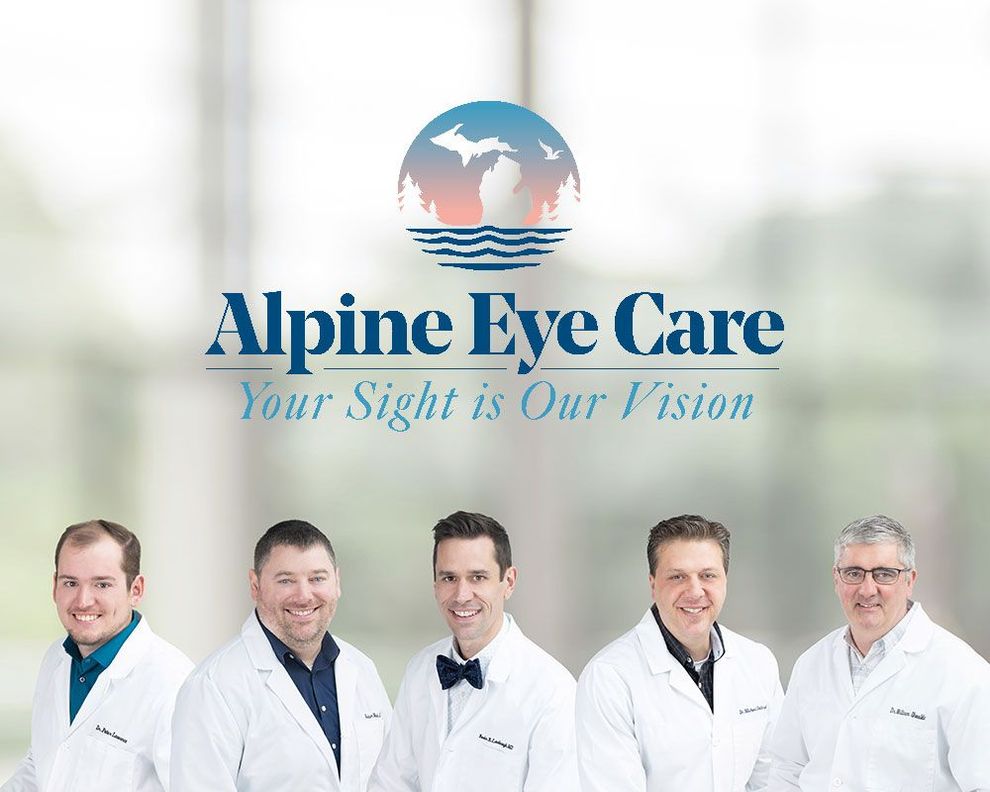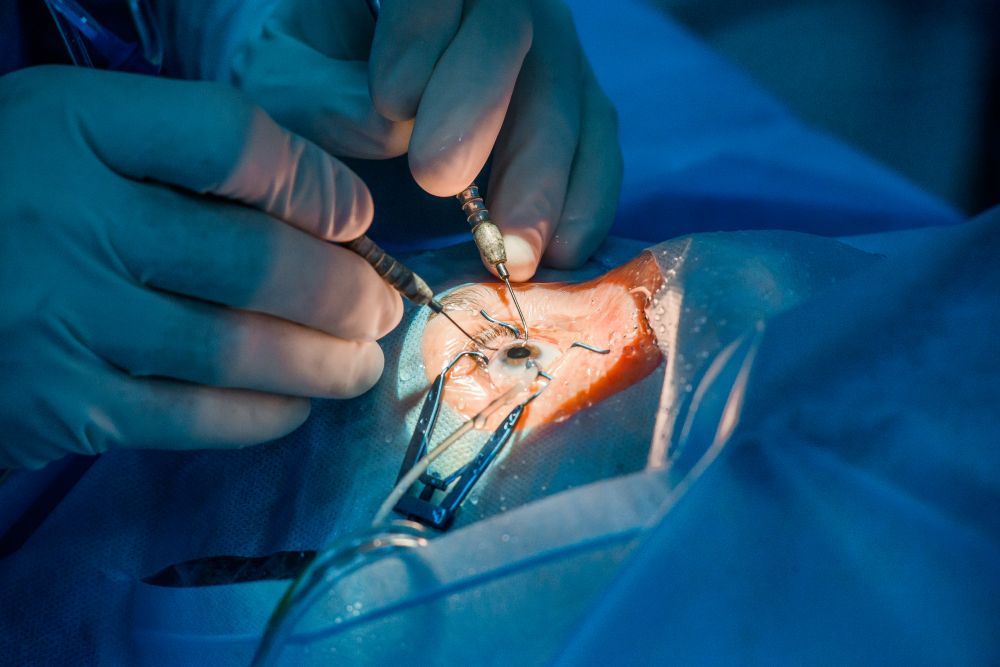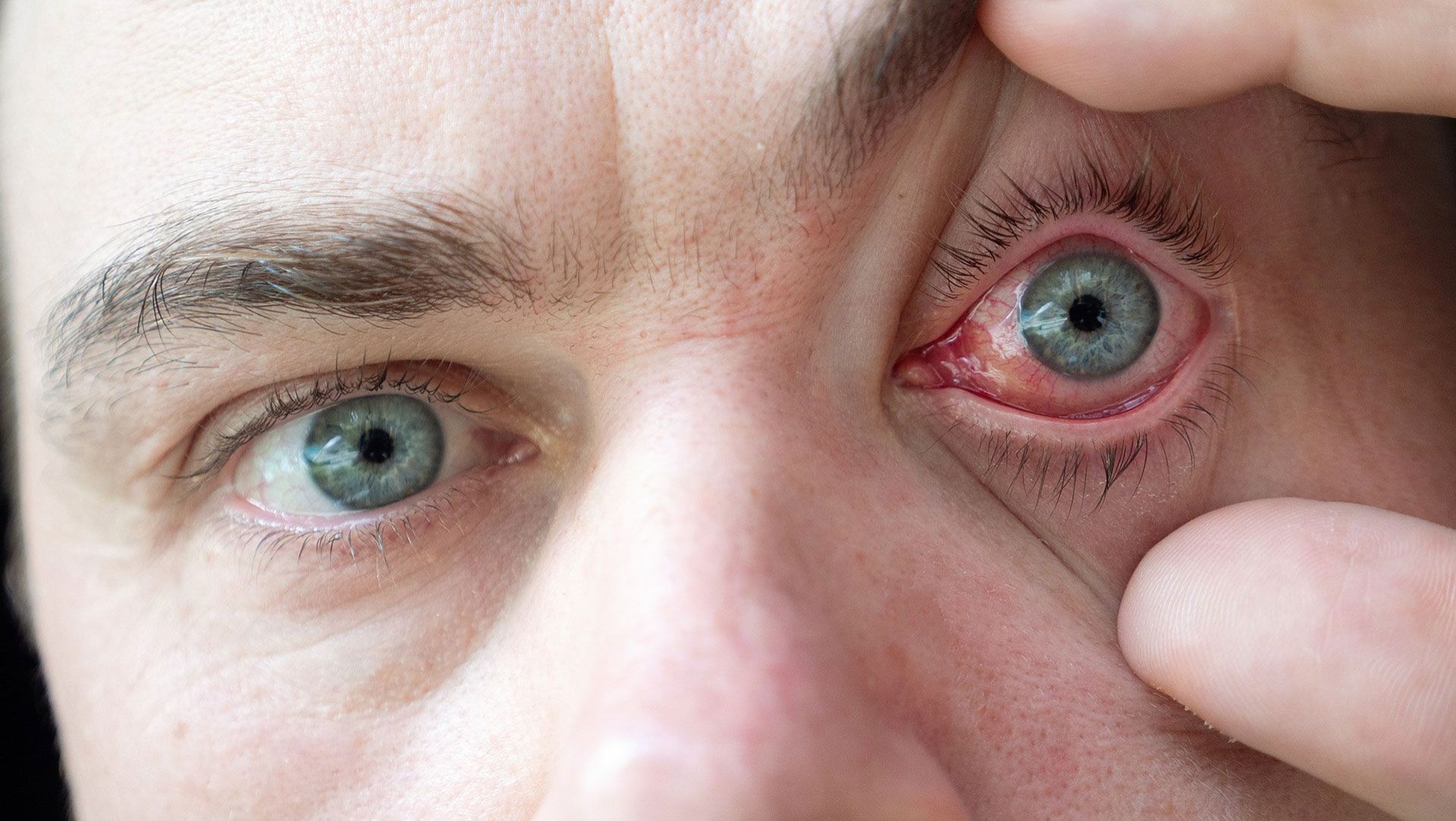Your sight is our vision.
OPHTHALMOLOGY • SURGERY • OPTOMETRY • DISEASES OF THE EYE

Welcome to Alpine Eye Care
Alpine Eye Care is one of the leading eye care centers in Central Northern Michigan. We provide comprehensive eye care services, including eye exams, treatment of eye diseases, cataract surgery and more.
The doctors and the Alpine Eye Care team have helped thousands of people enhance their lifestyle by improving their vision. We are committed to excellence and our patients turn to us for the best eye care treatment available!
Our Services

When you need a hospital for your eye care,
we hope you will choose one in your community such as Otsego Memorial Hospital, Mercy Hospital Grayling McLaren Northern Michigan – Cheboygan Campus, and Northern Michigan Surgical Suites in Boyne City.
These hospitals/surgery centers are here for your convenience and they support your community and ultimately you – please make them your first choice. When you keep your business local, businesses, jobs, schools, and the entire community benefits. We support our community and we hope you will too!
Cataract Surgery
Surgical procedures for vision correction including Intraocular Lenses & Refractive Lensectomy
Procedures
A wide range of procedures such as Vitreolysis and others
Eye Conditions
Common eye conditions such as red eye, detached retina, lazy eye, pink eye, and many more
Optical
Glasses, sunglasses, and contact lenses to help you see clearly and comfortably
PanOptix® Intraocular Lens
Performed by Dr. Michael Habryl & Dr. Kevin Lodewyk
Request an Appointment
Please complete this request form, and someone from our office will contact you soon to confirm your appointment details. If you are a new client and want to bring in a filled out new patient form, you can download it by clicking here.
Also, be aware that you are submitting a request only. Until you receive either an email from one of our schedulers or a telephone call, you do not have an actual appointment.
Finally, please remember that you are submitting this request over the Internet. Do not include any sensitive medical information in your appointment request, for we cannot guarantee that it will not be seen by other parties.




